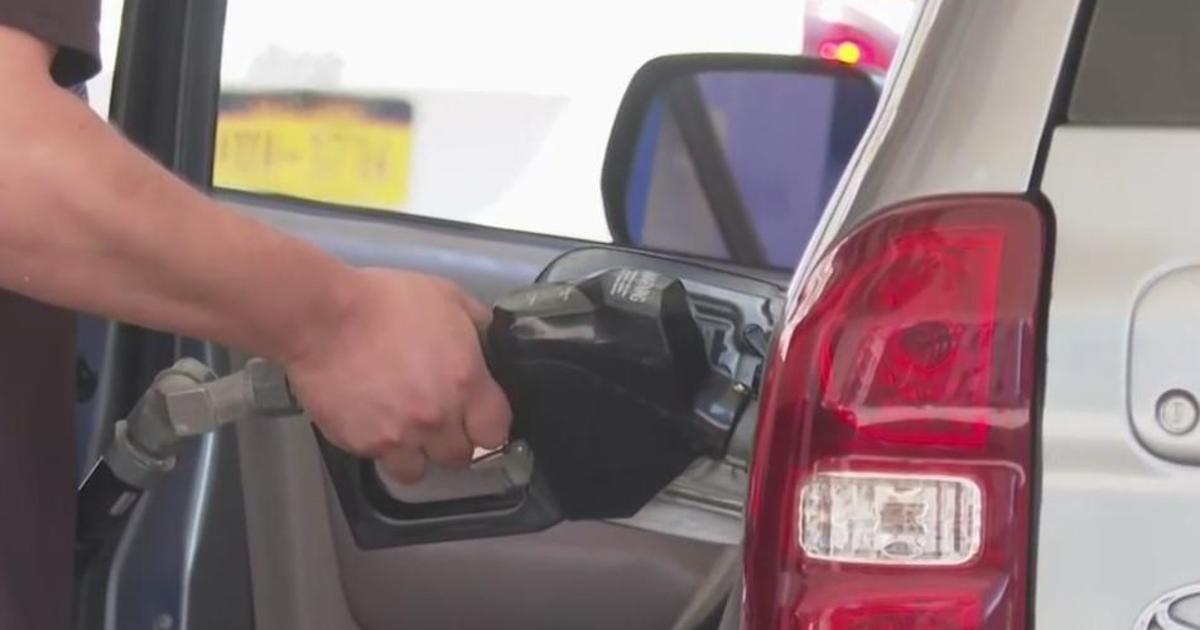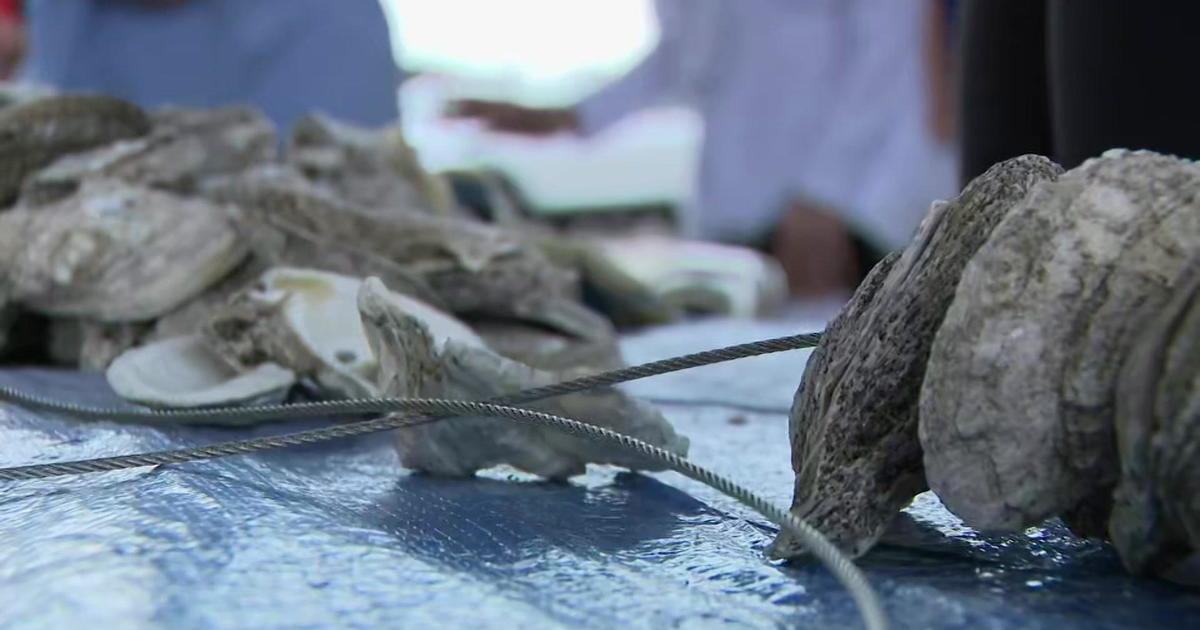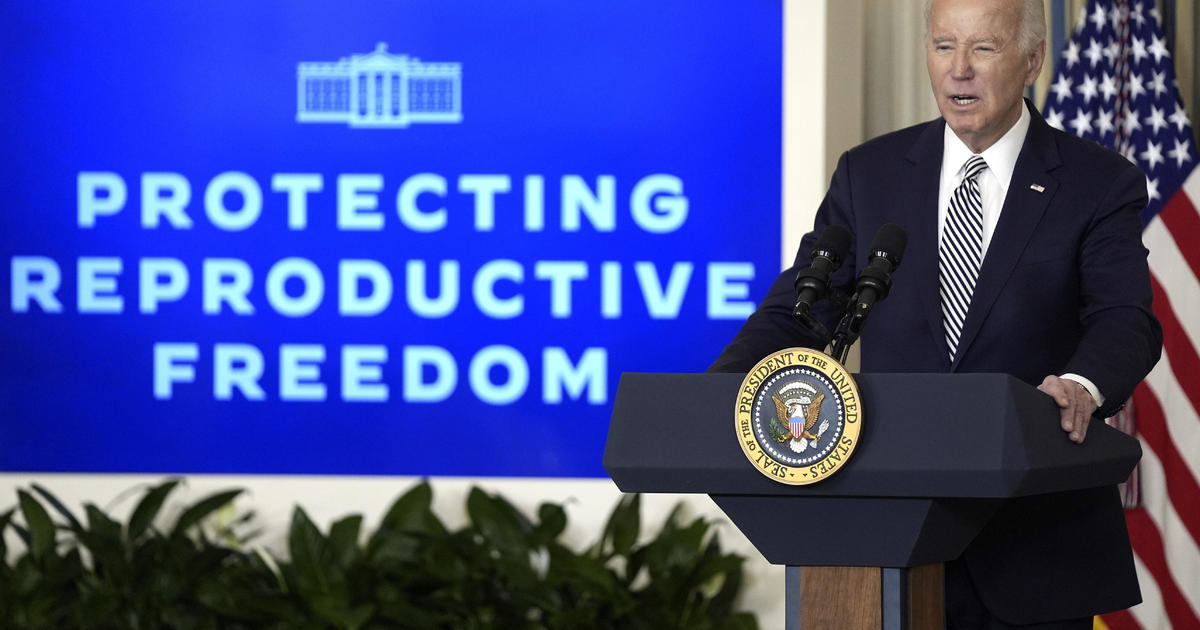Online Sales Tax Plan Backed In Florida Senate
TALLAHASSEE (CBSMiami/NSF) -- The Florida Senate on Thursday approved a proposal that would require out-of-state online retailers to collect sales taxes, with the money slated to be used to help Florida business owners avoid increases in unemployment taxes.
In a 30-10 vote, the Senate backed the proposal (SB 50), which is linked to an agreement between Senate President Wilton Simpson and House Speaker Chris Sprowls. The agreement would use an estimated $1 billion expected to be generated each year through the sales-tax collections to replenish the state's Unemployment Compensation Trust Fund, which became depleted because of job losses during the COVID-19 pandemic.
"We're going to make sure we replenish the unemployment trust fund up and to what the number was immediately prior to the pandemic hitting," bill sponsor Joe Gruters, R-Sarasota, said.
More than $4 billion was in the fund before the pandemic. As unemployment claims continually draw upon the fund, more than that amount is expected to be needed to get the fund back to the pre-pandemic level.
To generate the money, the plan would begin requiring out-of-state retailers to collect and remit sales taxes when Floridians make purchases. Worried about a competitive disadvantage, Florida business groups have long lobbied for the state to require the collection of taxes by the remote sellers.
Currently, retailers that have a physical presence in Florida must collect and remit sales taxes for items sold in the state. Through what is sort of an honor system, Florida residents are supposed to submit sales taxes when they are not collected by out-of-state retailers. But few Floridians comply with that requirement.
Democrats opposing the bill said the additional revenue should provide assistance to people in the workforce or to help raise unemployment benefits, which at $275 a week are among the lowest in the nation.
"We're helping the monoliths, the giant businesses, and we still have Floridians who are suffering and need help," said Senate Minority Leader Gary Farmer, a Lighthouse Point Democrat who was among the 10 Democrats who voted against the bill.
After the vote, Simpson sent out a news release in which he said the bill will complement legislation (SB 1906) that would increase the weekly benefits to a maximum of $375.
"Rather than treating additional revenue that is already owed to the state as a windfall, the prudent thing to do is to reinvest these funds in our Unemployment Compensation Trust Fund, helping businesses survive a situation no one could have anticipated, and shoring up benefits for the struggling Floridians who have lost their jobs as a result of this pandemic," Simpson said in the release.
A House version of the bill (HB 15) has been approved by the Ways & Means Committee and awaits an appearance before the Commerce Committee.
Under Gruters' proposal, the tax collections would be focused on out-of-state businesses that conducted more than $100,000 of sales the prior year.
Farmer attempted a procedural move to require a supermajority vote on the bill, saying the proposal falls under the category of a new tax or tax increase.
In rejecting the "parliamentary inquiry," Rules Chairwoman Kathleen Passidomo, R-Naples, said the bill would not increase a tax or impose a new tax. She said it would update an existing state law.
Florida economists have estimated that the proposal to require out-of-state retailers to collect sales taxes could generate $973.6 million in the upcoming 2021-2022 fiscal year and $1.08 billion in each following year, according to the House and Senate.
Supporters of the change point to a 2018 U.S. Supreme Court decision in a case known as South Dakota v. Wayfair, a large online retailer. The court ruled against Wayfair, overturning a "physical presence test" and expanding states' abilities to collect sales taxes.
The prospects for the latest attempt to collect the tax money improved initially because lawmakers at the end of 2020 were facing a revenue shortfall.
While the revenue situation has brightened --- and the state expects to receive an influx of federal stimulus money --- the proposal has been buoyed by the agreement to use the additional funds to replenish the unemployment trust fund. Businesses have seen an increase in unemployment taxes that took effect in January, and more increases will be needed in the coming years if another source of money is not found.
But the Florida AFL-CIO urged union members across the state to voice opposition to the use of the sales-tax money for the unemployment fund.
"The amendment on Senate Bill 50 would raise your taxes in order to keep unemployment insurance premiums for businesses down," the union said in an email. "We already have some of the lowest premiums in the nation, as well as some of the lowest benefits and shortest benefits periods of any state."
(©2021 CBS Local Media. All rights reserved. This material may not be published, broadcast, rewritten, or redistributed. The News Service of Florida's Jim Turner contributed to this report.)



